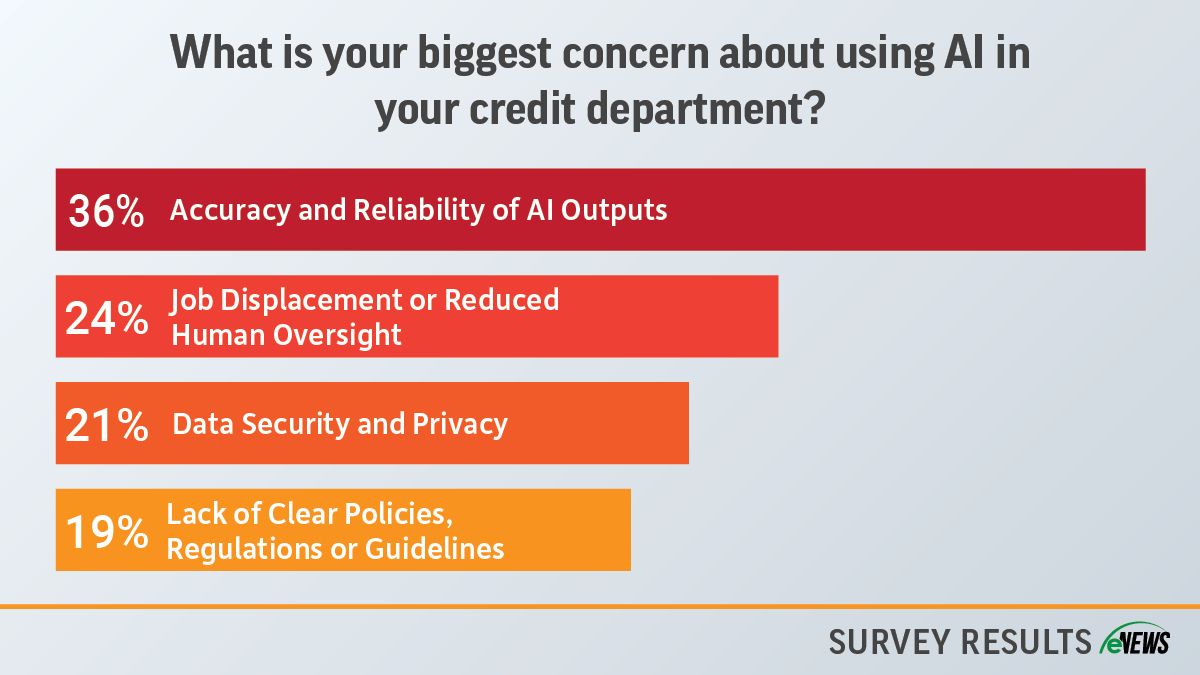Business Practices, eNews
The softer side of credit management
At first glance, credit management may appear to solely require hard skills such as financial data analysis, risk assessment and cash flow forecasting. But as a profession based largely upon trust, credit managers must not forget to develop their soft skills.

At first glance, credit management may appear to solely require hard skills such as financial data analysis, risk assessment and cash flow forecasting. But as a profession based largely upon trust, credit managers must not forget to develop their soft skills.
“In most cases, credit professionals are playing the role of a middle person between operational functions and the customer or distributor,” Craig Simpkins, CCE, CICP, finance director at Johnson Controls, Inc., Building Efficiency Division (Milwaukee, WI) said during a live NACM webinar, The Softer Side of Credit Management. “Within shared services, your role is to influence opinions and behaviors of others without direct authority. To be successful, credit professionals must possess the necessary soft skills, or emotional intelligence.”
Standard soft skills consist of personality traits, social agencies, communication, language skills, personal habits, friendliness and optimism. When you’re going into a credit management role, you want to establish yourself or brand yourself as an individual through these key soft skills:
- Emotional maturity
- Communication
- Accountability
- Trust
- Integrity
- Analytical
- Drive for results
- Influence
- Relationship-building
The influence of credit management pervades all departments within an enterprise. “Therefore, timely responses are required to prevent situations such as credit holds and legal intervention,” Simpkins explained. “Thus, it is crucial to ensure continuous and effective communication.”
By the numbers: A recent LinkedIn survey found that 9 out of 10 global executives agree that soft skills (aka “human” or “durable” skills) are more important than ever. Communication ranks number one on the 2024 list of “most in-demand skills.”
“Credit professionals can influence customers simply by evaluating why there are challenges with the collection process,” Simpkins said. “They should be able to show them facts in a positive manner. It also goes a long way with establishing that partnership between you and your customer.”
Soft skills play a pivotal role in fostering positive relationships within companies, facilitating effective communication, conflict resolution and teamwork. Additionally, they enhance external relationships with customers and stakeholders. For instance, prompt communication, a positive demeanor and surpassing client expectations are crucial customer service skills. These not only foster a strong relationship with your client but also enhance your professional credibility. This credibility, in turn, cultivates trust, which is vital for risk reduction and ensuring long-term payment.
Networking involves mutually beneficial interactions and engagements. Your network can offer advice for business challenges, and you can reciprocate by sharing your expertise to fortify these relationships. “Understand that networking is a life skill, not something you do only when you want something from someone else,” said Simpkins.
Enhancing soft skills is crucial as it enables credit professionals to effectively navigate complicated interpersonal situations, communicate ideas clearly and collaborate with diverse teams. It also provides them with the adaptability and empathy needed to enhance job performance and grow within their field. Simple ways to enhance soft skills are through:
- Recognition
- Understanding
- Self-assessment
- Experimentation
- Skill practice
- Feedback
“Even if you’ve been in credit management for a few years, it’s always good to get a refresher to make sure that you’re staying ahead of the curve on the soft skills aspect of the job,” Simpkins explained.
The bottom line: Developing and honing soft skills in credit management is not just a bonus, but a necessity for professionals to succeed.





